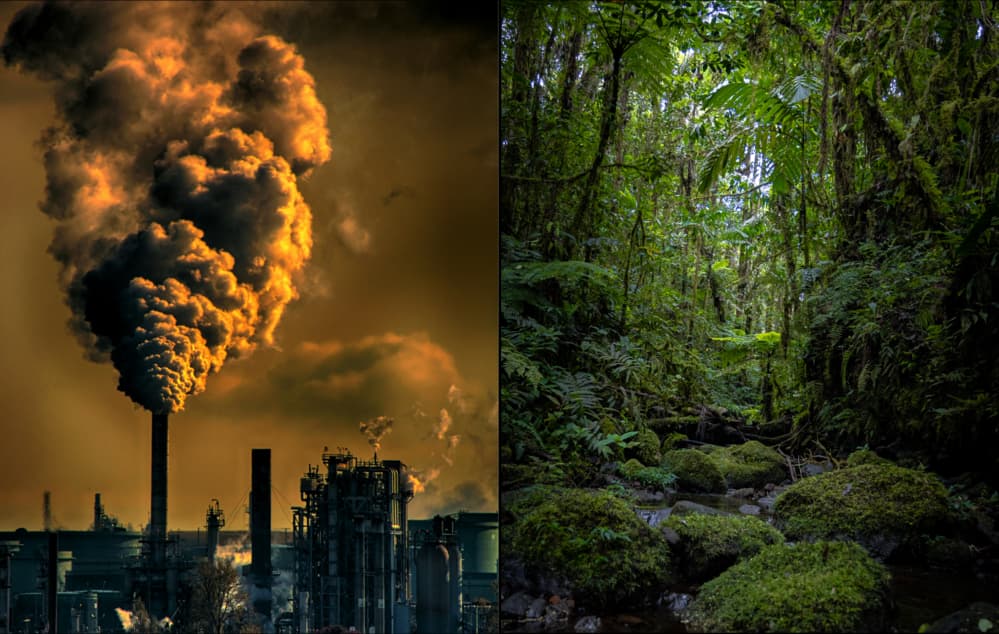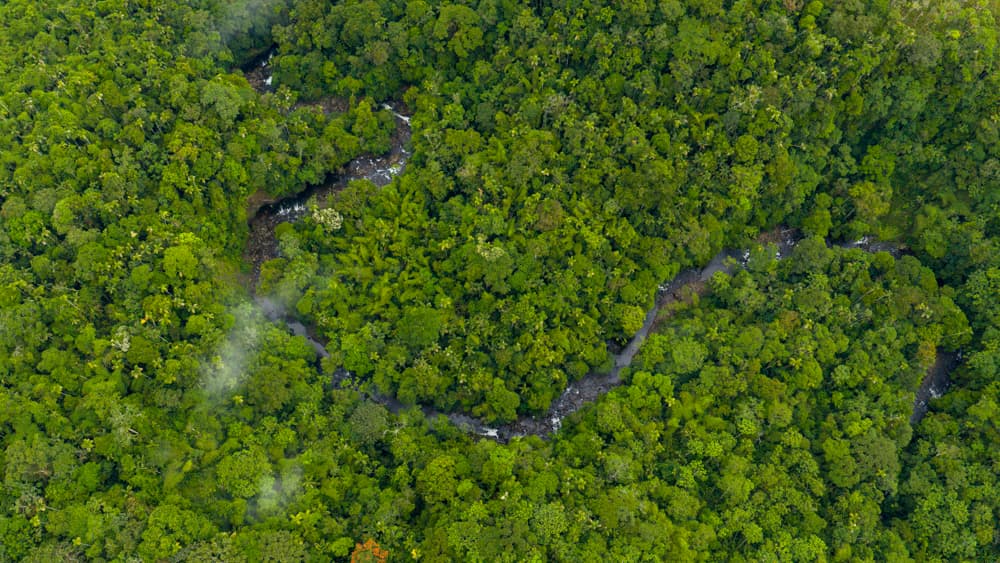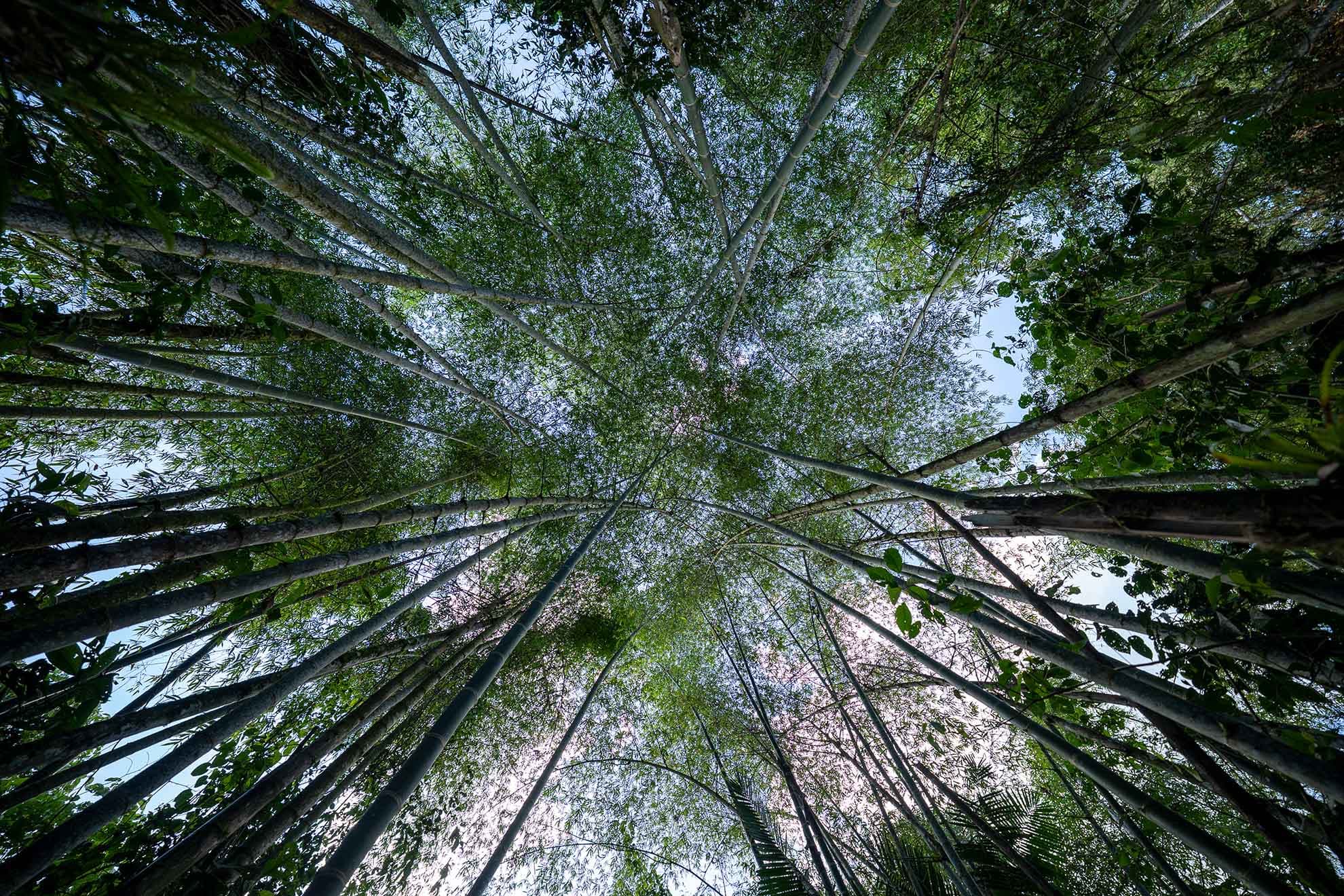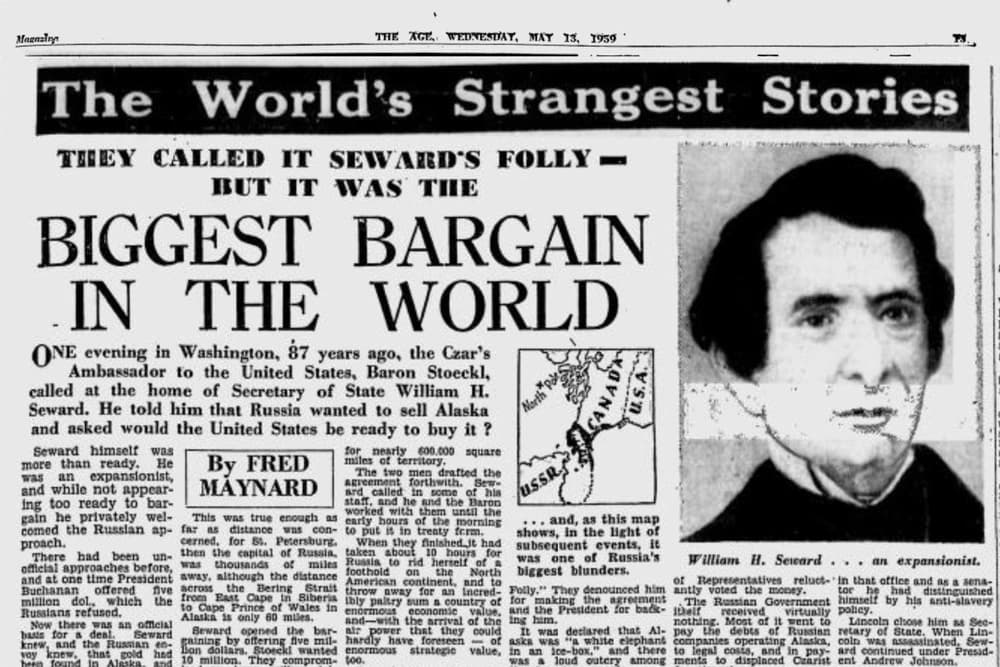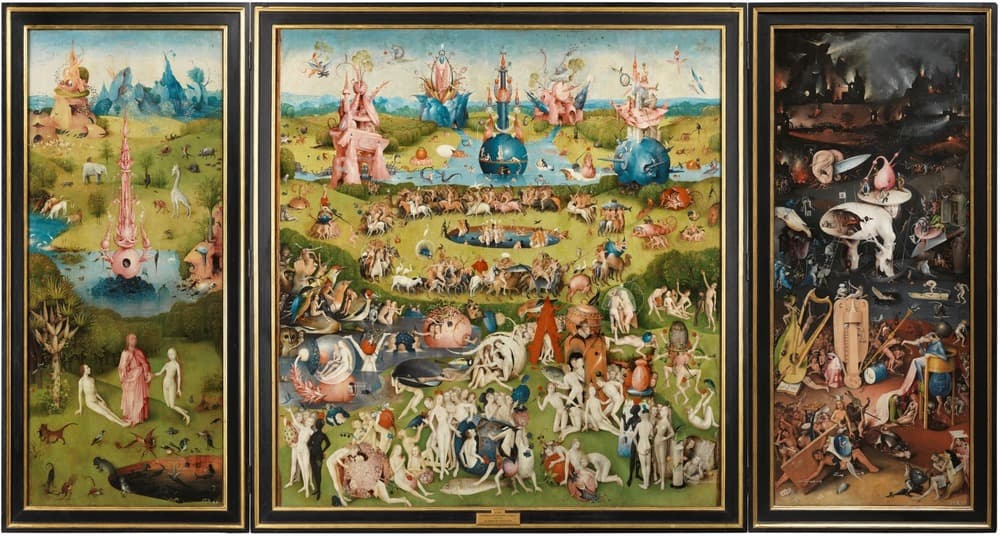
The Garden of Earthly Delights: What Does Bosch Warn Us About Our Present and Future?
Created more than five centuries ago by Hieronymus Bosch, "The Garden of Earthly Delights" continues to resonate for its enigmatic depth. This triptych is a display of artistic genius and acts as a mirror of the human condition. It reflects our journey between innocence and temptation, creation and the possible consequences of our actions.
In the 21st century, Bosch's vision seems disturbingly relevant. His work invites deep reflection, especially from those of us in business and financial leadership positions who make decisions that shape our impact on the planet.
Inspired by this depth, we have adopted the name "Hortus Deliciarum" as a conscious reminder of the fine line between harmony and imbalance, and our shared responsibility in defining our future.
In the face of today's ecological challenges, the question is unavoidable: What message does Bosch convey to us today about our path, our priorities, and the legacy we will leave behind?
Deciphering the Triptych: A Journey Through Human and Environmental History
The triptych's strength lies in its powerful visual narrative. It presents a three-act transition: an idyllic left panel depicting natural harmony; a bustling central panel depicting humanity absorbed in ephemeral pleasures and seemingly disconnected from its origins; and a right panel depicting a bleak landscape, interpreted as the consequence of those excesses.
This sequence is not just a medieval allegory; it can also be seen as a metaphor for our historical journey from a relatively innocent pre-industrial era to the complexities and existential challenges of the present.
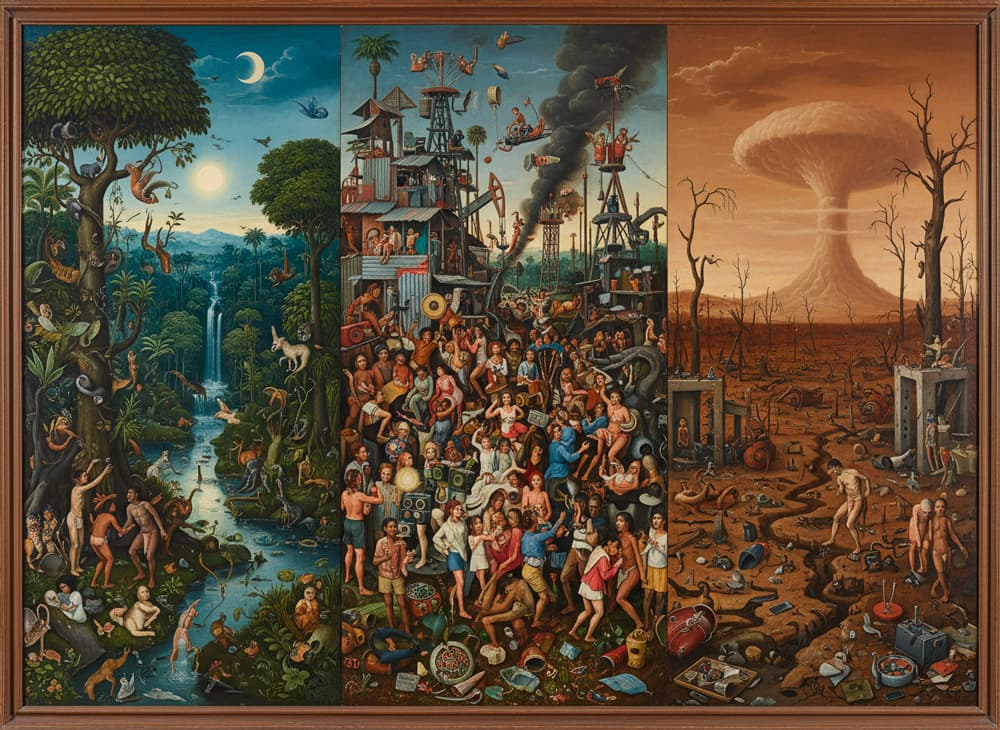
The Age of Innocence: What the World Was Like Before the Industrial Footprint
The first panel depicts a balanced planet that is nearly unrecognizable today. Before the Industrial Revolution, forests covered a significantly larger portion of the Earth—about 57%, by some estimates—and large-scale pollution was minimal. Human pressure on resources was considerably lower. Today, the reality is drastically different. We have lost approximately one-third of the original forest area, and millions of hectares continue to disappear every year.
The Center Panel: Reflections of Materialism and Its Consequences Today (WHO and FAO Data)
The center panel depicts a humanity that is fascinated by itself and perhaps disconnected from nature, giving in to material desires. Doesn't this resonate with the aspects of our contemporary culture?
While the industrial and digital eras have brought undeniable advances, they have also consolidated a model based on consumption and obsolescence. This model demands the constant extraction of resources and generates waste at a rate that is difficult for the planet to assimilate.
We have built a global economy that puts considerable pressure on nature. According to the WHO, more than 90% of the world's population breathes polluted air, causing millions of premature deaths each year.
FAO reports indicate an alarming loss of global forest cover in recent decades. The question for conscious leaders is urgent: Are we moving toward this third bleak scenario, or can we still change course?
Are we ignoring the signals? From Fiction (The Matrix) to Reality (Climate Crisis)
The 20th century taught us about our capacity for large-scale impact. Today, we face another threat of comparable magnitude: the climate and environmental crisis. This threat is perhaps more insidious because of its gradual development, yet it is equally dangerous to our civilization.
Its effects—extreme weather events, loss of biodiversity, and pressure on vital resources—are already evident and intensifying. Yet, the collective response often seems slow.
Certain fictional narratives act as uncomfortable mirrors, evoking the image of an expansive force that consumes resources without measure and risks its own equilibrium. Reflecting on this is vital if we are to avoid self-destructive dynamics.
In the movie The Matrix (1999), Agent Smith says:
"Human beings are a disease, the cancer of this planet...and we are the cure."
The Impact of Political and Economic Decisions on the Planet
Despite scientific consensus, there is often a disconnect. Those in positions of economic and political power do not always demonstrate an environmental commitment commensurate with the challenges we face.
Sometimes, decisions made at international summits or in national policies seem to reflect short-term interests more than a willingness to address the root of the problem—our dependence on models that exert unsustainable pressure on ecosystems.
For example, Ecuador, which recognizes the rights of nature in its constitution, has lost millions of hectares of forest since 1990; the Amazon is one of the most affected areas.
Scientific Projections: The Third Panel Scenario if We Don't Act (IPCC and IPBES Data)
For years, international scientific bodies such as the IPCC (Intergovernmental Panel on Climate Change) and the IPBES (Intergovernmental Platform on Biodiversity and Ecosystem Services) have warned about our current trajectory.
Their reports, based on thousands of studies, project troubling future scenarios if significant measures are not taken to reduce emissions and halt biodiversity loss.
These reports speak of temperature increases that could exceed critical thresholds, more severe weather events, and ecosystem degradation that threatens vital planetary functions and human well-being.
These scientific projections bear similarities to Bosch's third panel warning if we do not change course.
The atomic bomb marked a milestone in human history by demonstrating our capacity for large-scale destruction. It was a clear, albeit controllable, warning. Today, we face an equally serious, albeit more progressive threat: the climate crisis. Its impacts—extreme weather events, rising sea levels, and accelerated loss of biodiversity—are already a verifiable reality. Nevertheless, the global response remains inadequate. Ignoring this threat poses profound risks to the stability of the planet and our survival.
Beyond Material Destiny: Can We Change Course from a Conscious Vision?"
Bosch's work is a powerful warning, but it does not have to be the final verdict. It can be interpreted as a call to consciousness. Although our current trajectory seems to lead to a predictable destiny, we have the ability to rewrite our future.
We can choose to act from a more conscious perspective with a long-term, sustainable vision. This requires recognizing crossroads, taking responsibility, and acting innovatively to balance our actions with our deepest values.
Hortus Deliciarum: Conscious Action Inspired by Art History
In the face of Bosch's warning and the reality of our impact, Hortus Deliciarum emerges as deliberate action and a forward-looking response.
It proposes a different approach: rather than perpetuating extractive models, it encourages the active preservation and regeneration of vital ecosystems. It offers a tangible way to respond to the artist's allegory by choosing to protect and preserve a priceless part of the original "garden" — the Amazon rainforest — instead of contributing to its destruction.
This approach represents a concrete business alternative aligned with a sustainable and resilient future. It demonstrates that value can be generated not in spite of nature but thanks to it. It consciously chooses a different path than the one that could lead to the third panel.
